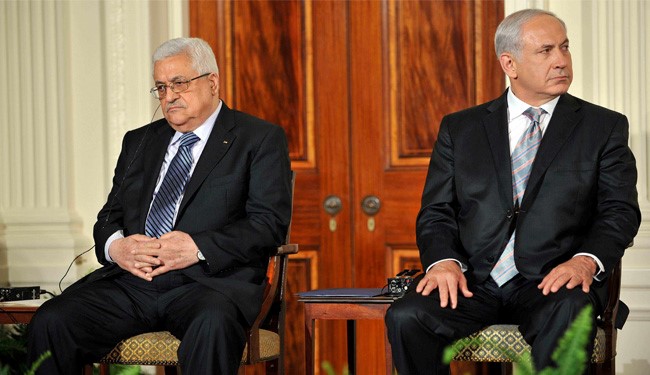By: Virginia McNally
Mahmoud Abbas’ recently submitted proposal for Palestinian statehood at the UN was very diplomatic, very symbolic, and very tense. It reignited the debate once more over Palestinian statehood and Israeli settlement action.
But, I find looking at the situation through only political eyes to be a little dry, about as dry as Israel. Let’s get real, shall we?
Abbas, the man with support, is representing people who have lost their land and right to self-determination. Netanyahu, the man who should be concerned about his image, represents people with the right to self-determination – a nation formed by people from across the globe. Netanyahu’s people have expansive space compared to the highly compressed ramshackle Arab communities.
To get a real view of this massive disparity, I recommend reading The Other Side of Israel, by Susan Nathan. A once-Zionist now centrist, she has crafted her personal journey into an enlightening and realistic account of the situation of Palestinians in Israel. Nathan takes her readers into the homes, streets, schools, and lives of Arabs living in Israel. Right down to the fruit trees, she accounts for their losses.
I think as Americans, we need to remember those uprooted fruit trees and those seized family homes established generations ago. The scenery of the Holy Land has literally been transformed out of its natural state since the Zionist movement sought to restore originality. This leaves the world wondering, what is originality? Which neighbor should get the most fought-over block in the world? Will the neighbors ever be able to share?
To quote New York Times columnist Nicolas Kristof, “That’s the saddest thing about the Middle East: hard-liners like Hamas empower hard-liners like Mr. Netanyahu.” This feud is only fueled by centrifugal forces that will result in an explosion if something is not done to change the chemistry of the situation.
Richard Haas, the president of the Council on Foreign Relations, noted that no outside influence can successfully change the chemistry. The change must come from within. “The situation in the Middle East is anything but ripe for diplomacy. What is missing are not ideas…but the will and ability to compromise.”
Palestine is at least officially seeking a resolution through diplomatic channels such as the UN or the International Criminal Court. But notably, this quest for peace is one-sided. On the other side, one can make out the Israelis, way off in the distance, far from a central meeting point. This has been the U.S. justification for a veto of the Palestinian application for UN membership. The Obama administration argues that a two-state solution is necessary.
I agree. One of the problems that created the Israel-Palestine conflict was the forced nature of the change in 1948. Any forced change from the international community will only breed resentment. It is likely that a forced change will not be good for either side. We must wait until the fruit is ripe.
You may be surprised to find out that most would label me a Conservative Christian and suspect that I blindly support Israel in all its endeavors. I will tell you this, when I read Nathan’s account of what happened to countless Palestinians in 1948 and what continues to happen to them now as they are squeezed into the back alleys of Israel’s map, I was appalled. I recognize that Israel stands threatened by states on all sides that are not friendly to it regardless of how it has treated the Palestinian population, but I know that the way it has treated the Palestinian population can do nothing to help its reputation with its neighbors.
It is clear that we need as much cooperation and centripetal action as possible, at every level. No more violent attacks on Palestinian women, Israel. And no more suicide bombings in Israeli markets, Palestine. This has got to stop for just enough time for both sides to look to the center and see each other face to face. Too much smoke and dust is in the air to see clearly and negotiate. I pray that the right leadership comes to Israel so that it can best guard its own security interests and treat the Palestinian minority with more integrity. Indeed, it seems that the two are one in the same.
I think Nathan puts it best: “It seemed to me the height of irony, given our history, that the Jewish state has so little concern about the ghetto living it has forced on its Arab citizens.”
This is not only Jewish history, but world history. We must have more concern about ghettos, self-determination, security, and other basic human rights. Then, in time, we will see the fruit ripen and the table open for two-state negotiations once again.

